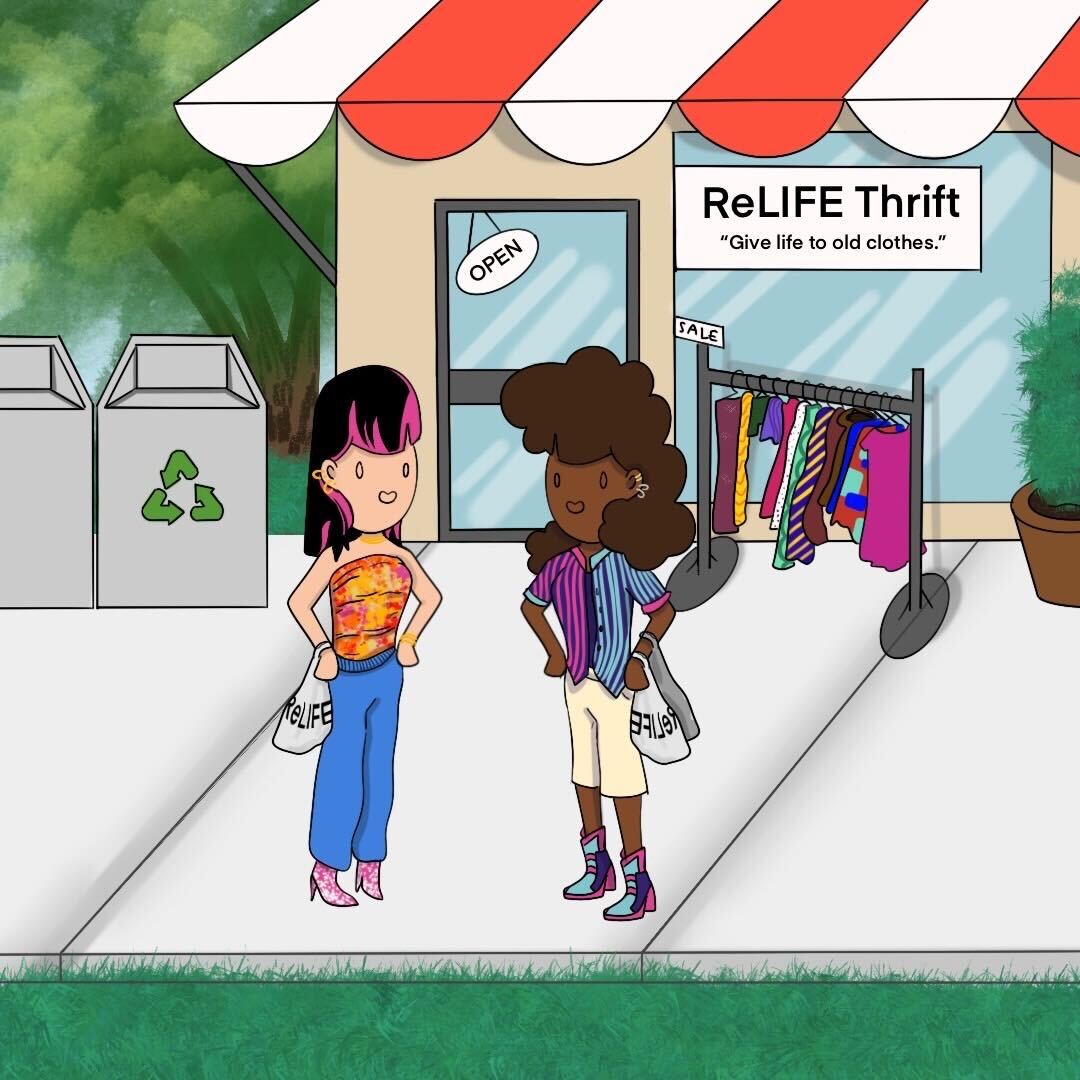Relationships in the current social climate are prone to falling more and more apart and the root of that stems from those who control the relationship itself.
February brings love and romance to the minds of most young people; whether it be through having had an outing with a partner, spending the night with friends or loved ones or just finding someone to spend the night with.
Regardless of the details, love is in the air. Love is probably one of the more imprecise words in the English language, but love could be defined as that mutual connection found between those with some level of attraction for another.
Living in a world in which human beings are so easily connected to one another via technology, there seems to be a missing link, or perhaps links, that have caused many to miss the mark with their peers.
The idea that relationships are messy, volatile occurrences is overrepresented and is a description of an illness most do not have. To be clear, the relationship one engages in is not necessarily messy on its own but is a product of an approach that needs to control or possess the other person(s).
Existentialist and feminist philosophers, Simone De Beauvoir and Jean-Paul Sartre, touch on romance in their works, as well. They point out that because human beings are looking for some sort of meaning to apply to their lives, they often choose to find it in another.
Women, according to Beauvoir, historically have been forced to rely on their husbands to the point of not even having an individual self and identify as being their husband’s wife, rather than their own independent being.
The man, too, is dependent upon woman as she is supposed to be that which grounds him and gives him emotional nourishment. Thereby Beauvoir concludes that both sexes are trapped within these ideals and are guilty of what she calls “bad faith.”
Conversely, while the person may be trapped, they also trap their partner(s) as well. By becoming dependent upon these ideal depictions of their partners, they give the other no room to be a human being which is ever-changing, contradictory, or emotional. Partners lock themselves and their loved ones into a list of characteristics at the expense of their humanity.
Beauvoir, then, has a solution to this problem: non-possession. The ideal abstraction held in one’s mind of the other person is entirely within our control. That real, concrete being is not.
By adopting an attitude of non-possession, one fundamentally changes their approach to their relationships and give the other person room to grow and change. To improve relationships all one must do is change how one thinks about them and act accordingly.
This February and for the rest of the year, non-possession should be the approach as old relationships grow older and new ones begin to bloom.
– Jacob Montgomery is a philosophy senior
Opinion: Modern love is not ideal
February 19, 2020
0
Donate to The University Star
Your donation will support the student journalists of Texas State University. Your contribution will allow us to purchase equipment and cover our annual website hosting costs.
More to Discover












